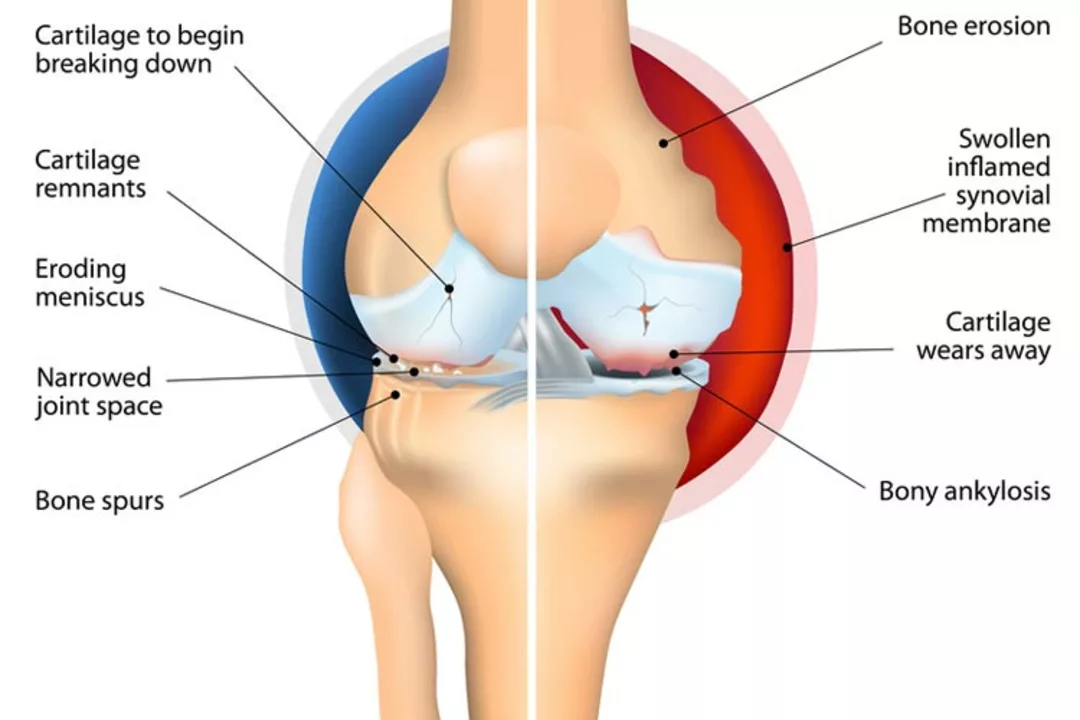Rheumatoid Arthritis: What to Know and What to Do
Rheumatoid arthritis (RA) is more than joint pain. It’s an autoimmune condition that causes joint swelling, morning stiffness, and fatigue that can interfere with work, sleep, and daily life. If you suspect RA—or already have a diagnosis—you want straightforward, useful steps: recognize symptoms, get the right tests, start effective treatment, and stay safe when buying medicines online.
Treatment options that actually help
The goal for RA is to stop joint damage and keep you moving. That usually means starting a disease-modifying antirheumatic drug (DMARD) early. Common DMARDs include methotrexate, hydroxychloroquine, sulfasalazine, and leflunomide. These drugs slow the immune attack that destroys joints.
If DMARDs don’t control symptoms, biologic drugs and small molecules are the next step. Biologics (for example, TNF blockers like adalimumab or etanercept) target specific parts of the immune system. JAK inhibitors (tofacitinib, baricitinib) are oral options that work differently. Your doctor chooses based on how active your disease is, other health issues, and how you respond to treatment.
For short-term relief, doctors often use NSAIDs and corticosteroids to reduce pain and swelling. These help while DMARDs take effect, but they aren’t a long-term solution by themselves. Regular blood tests are needed with many RA meds—especially methotrexate and biologics—to watch for side effects and infections.
Smart everyday steps and safe medication buying
Small changes make a big difference. Gentle exercise keeps joints flexible—think walking, swimming, or guided physical therapy. Keep a healthy weight to reduce joint stress. Quit smoking; it makes RA worse and reduces medication response. Sleep and stress management matter too—poor sleep fuels pain and fatigue.
Buying RA meds online? Be cautious. Always use pharmacies that require a prescription, show a physical address, and have clear contact info. Look for verified reviews and secure payment pages. Avoid sites that offer powerful drugs without a prescription or at unrealistically low prices. If a deal sounds too good to be true, it probably is. Ask your pharmacist about storage, expiration, and possible drug interactions—especially with over-the-counter supplements.
Keep open communication with your rheumatologist. Report new infections, persistent fever, sudden shortness of breath, or unusual bruising—these can be signs of medication complications. If you’re pregnant or planning pregnancy, tell your doctor; some RA drugs are not safe during pregnancy.
Want practical guides, medication comparisons, and safe pharmacy tips? Browse our RA-tagged articles for reviews on specific drugs, cost-saving options, and how to spot legit online pharmacies. Use the information to ask smarter questions at your next appointment and to make choices that protect your joints and your overall health.

